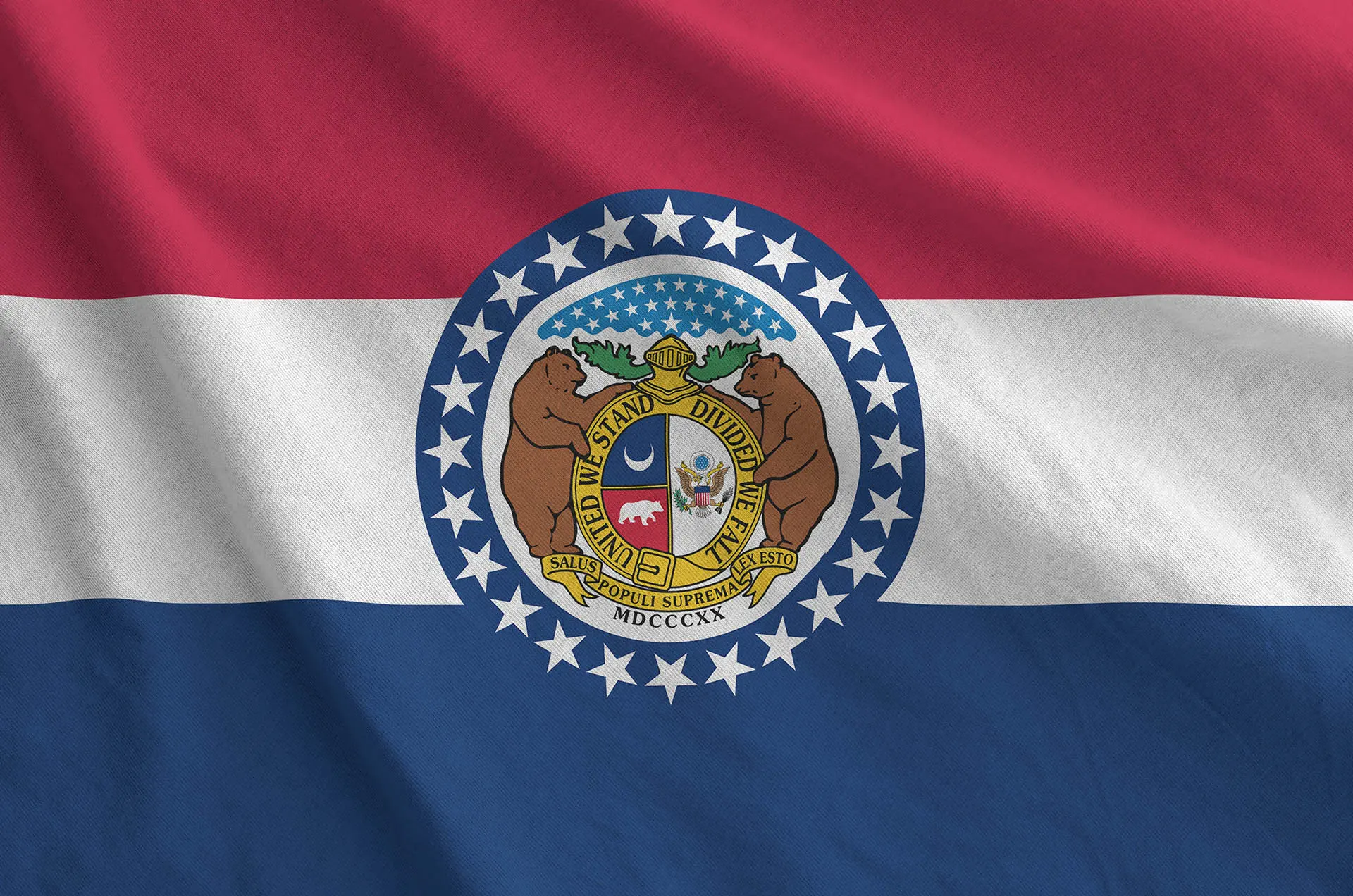Missouri Attorney General Catherine Hanaway announced Thursday that the state’s long-anticipated age-verification regulation for adult websites will take effect on November 30, 2025, making Missouri the first state in the nation to mandate such measures through regulatory rulemaking.

The rule, issued under the Missouri Merchandising Practices Act, requires commercial websites where one-third or more of the content is pornographic or sexually explicit to implement robust age-verification tools. Sites that fail to comply will face enforcement actions under state law, including civil penalties and injunctions.
“This rule is a milestone in our effort to protect Missouri children from the devastating harms of online pornography,” Hanaway said in a statement. “We are holding powerful corporations accountable, respecting women and victims of human trafficking, and helping ensure that minors are shielded from dangerous, sexually explicit material.”
The regulation has been under development since April 2025, when then-Attorney General Andrew Bailey first introduced a version requiring what he described as “dual-level” verification technology. At the time, industry experts noted that such tools were not technically feasible, and the Free Speech Coalition, an adult industry trade group, said the rules were unlikely to take effect by the projected August 30 deadline because “the final rules were not published in time.”
Bailey’s departure from the attorney general’s office to become co-deputy director of the FBI under the Trump administration left the regulation unfinished. Hanaway, appointed earlier this year, revised the rule to reflect existing technology and finalized its timeline for enforcement.
The Attorney General’s Office cited research showing that the average age of first exposure to pornography is 11 or 12 years old, with more than 90 percent of boys and 60 percent of girls encountering explicit content during adolescence. Officials argue that this exposure contributes to harmful views of sex and relationships, fosters exploitation, and can affect brain development in ways similar to addictive substances.
“Faced with these realities, the Attorney General’s Office acted decisively,” Hanaway’s statement read. “If these companies want to profit off explicit material in Missouri, they will not get a free pass. They must prove their users are adults or they will be shut out of our state.”
Adult industry representatives have expressed concerns about privacy, technological feasibility, and the potential for unintended consequences, such as driving users to offshore websites not subject to Missouri law. The Free Speech Coalition has not yet issued a formal response to Hanaway’s announcement.
With the November 30 enforcement date now set, Missouri will serve as a key test case for whether state-level consumer protection laws can be used to regulate access to adult material online.